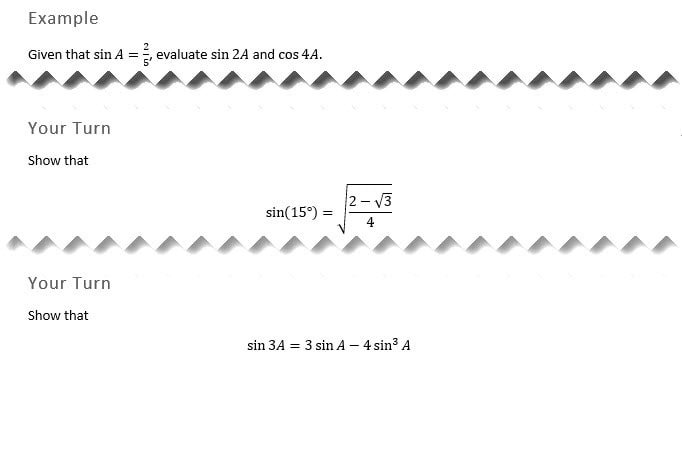It would be remiss to not mention that today is both a perfect day and tau day (in the US).
Preparing for the 4th Industrial Revolution
I posted a response to a post on preparing students for the future. I don't often get involved in this, but this article in particular riled me up.
Lesson Sheet for 5B HL
I have been using Lesson Sheets with my IB Higher Level class, and I have written a blog about how that is going, and what I do with them.
Context is Important
A short reflection on a question I gave my class that tripped them all up because of the context, and why we should be wary of this when assessing students.


 RSS Feed
RSS Feed
